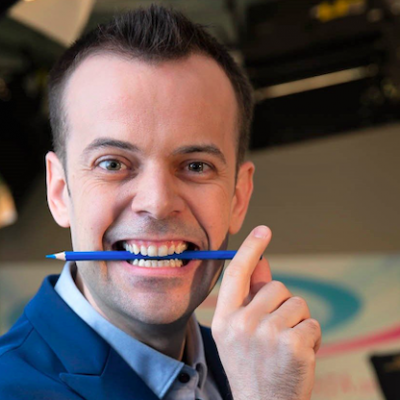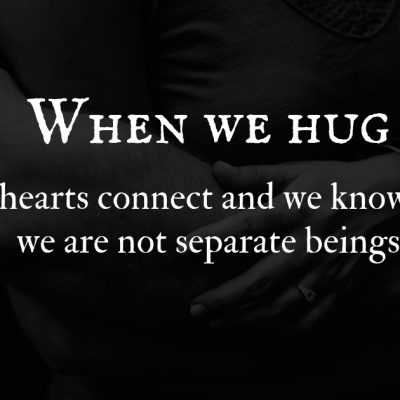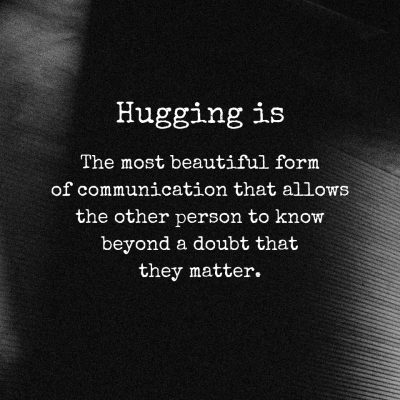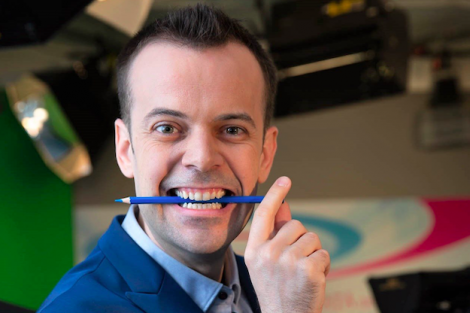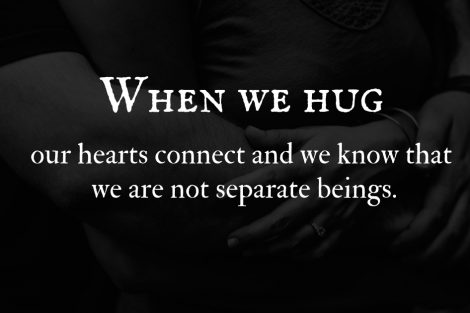Vitamin D is a very important vitamin that can impact most systems in our body. You may increase vitamin D with more sun exposure, with certain foods (such as fatty fish or mushrooms) and fortified dairy products or supplements.
Vitamin D deficiency is very common, with about 1 billion people worldwide suffering from it. Many people don’t realize they are deficient because the symptoms are usually subtle and can be attributed to other conditions or deficiencies.
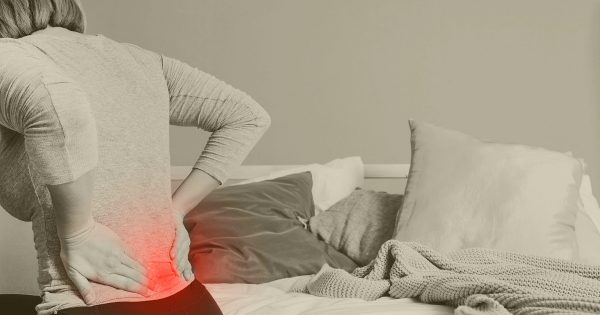
Here are 7 signs you may have a vitamin D deficiency:
1. Getting sick often
One of the most common symptoms is an increased risk of illness and infection. That’s because vitamin D plays a crucial role in the well-functioning of our immune system. So if you’ve been sick with flu or cold more often lately, a lack of vitamin D could be a factor.
2. Feeling tired
Fatigue can have many causes but a blood test will tell you if you are vitamin D deficient. Low levels of this vitamin can significantly impact the quality of our life. If we’re feeling exhausted most of the time, no wonder we can’t enjoy ourselves.
If you’ve experienced extreme tiredness lately, it’s better to consult with your doctor and see if vitamin D is responsible. If that’s the case, they may prescribe supplements that will boost your energy levels.
MORE: 6 Reasons Your Period Is Making You Feel Emotional
3. Muscle and back pain
There are large studies that have found a connection between vitamin D deficiency and chronic lower back pain. Also, in one study, 71% of people with chronic muscle pain were found to be deficient. This is probably due to the interaction between the vitamin and pain-sensing nerve cells.
A few studies have found that taking high-dose vitamin D supplements may reduce various kinds of pain in those who are deficient.
4. Depression
One often overlooked cause of depression is a vitamin deficiency. So a lower mood may be a sign that you’re not getting enough sun. Spending more time indoors and isolation are associated with a depressive mood, but can both aggravate the deficiency (if any), and affect you psychologically.
Taking supplements is also effective for seasonal depression which usually occurs during the cold months, starting somewhere in November.
MORE: 4 Major Signs of Chronic Vitamin Deficiency In Women
5. Hair loss
Hair loss or thinning and brittle hair is often attributed to stress, which is indeed a major cause. But severe hair loss could be linked to nutritional deficiencies.
6. Slow healing of wounds
Inadequate vitamin D levels in your blood can cause a slow healing of wounds after surgery, infection or injury. This is due to vitamin D’s important role in fighting infection and controlling inflammation, which are essential for proper healing.
7. Bone issues
Getting enough vitamin D is very important for preserving bone mass as we get older. Many people think that if they have bone problems, they should just increase their calcium levels. But vitamin D plays an essential role in calcium absorption. Bone health is related to adequate levels of vitamin D in our systems so if you’ve experienced bone or joints pain, a deficiency could be to blame.
MORE: 6 Signs Of Vitamin B12 Deficiency You Should Never Ignore
If you think you have a deficiency, don’t hesitate to consult with your doctor. Fixing a vitamin D deficiency is relatively simple and can be addressed with more sun exposure, increasing intake of foods rich in vitamin D or supplements.


